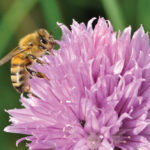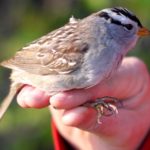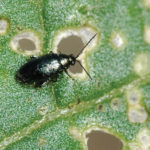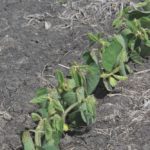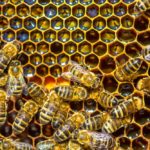The list of chemicals Canadian farmers shouldn’t apply to their crops because they put markets at risk is expected to be shorter this growing season. Manipulator (chlormequat chloride), a plant growth regulator, has received a maximum residue limit (MRL) in the United States and an international MRL is expected to be set in July for




